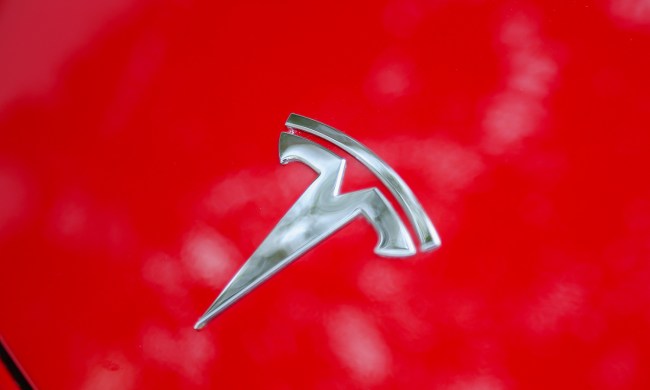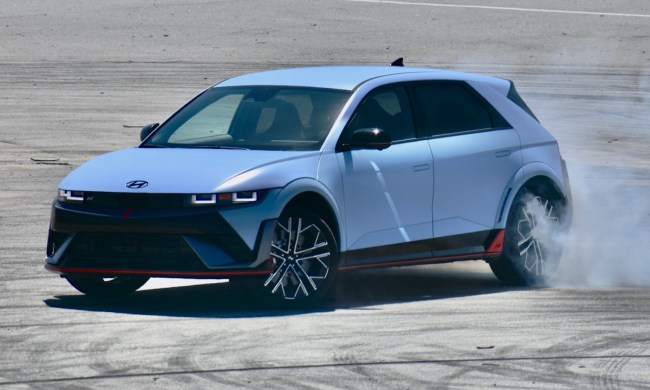Many states will increase the annual cost of driving a hybrid or an electric vehicle in 2020, and some that previously didn’t charge a fee will begin collecting one. These taxes are an increasingly popular way to recover lost revenue from fuel taxes.
Starting on January 1, over half of the states in America will collect an extra fee when motorists register an electric car. Meanwhile, some of the states without an electric car tax are planning to implement one sooner rather than later. The rationale is that each state’s Department of Transportation (DOT) partially depends on revenue generated by the taxes levied on gasoline and diesel to improve and expand road infrastructure, so electric car owners are using roads without paying for their maintenance.
As is often the case in government, there is no such thing as a freebie. Alabama, California, Illinois, Iowa, Kansas, Ohio, Oregon, and Utah will either begin taxing electric car drivers in 2020, or increase the amount they collect. The annual fee depends on the state, and on the type of car being registered, according to the Associated Press. Hawaii will charge $50, Kansas will ask for $100, while Alabama and Ohio will each collect $200 every time a motorist registers an electric car. Plug-in hybrids are cheaper; they respectively cost $75, $50, and $37.50 in Idaho, Indiana, and Missouri, for example.
Utah and Oregon are taking a slightly different approach to getting electric car owners to pay for the roads they use daily. In the Beehive State, motorists can pay $90 per year to register an electric car, $39 for a plug-in hybrid, or they have the option of tracking their driving and paying 1.5 cents per mile. Utah authorities stop counting miles when drivers reach $90 to ensure those who prefer being charged per mile don’t end up paying more than those who pick the flat annual fee.
Oregon’s program is similar, but it charges electric car drivers 1.7 cents per mile. In Utah, motorists sign up with a third-party account manager who collects and reports miles driven via either what the state calls embedded telematics, or in-vehicle technology. Drivers are also asked to occasionally submit a photo of their odometer via a purpose-designed smartphone app to ensure the number corresponds to the mileage reported. Oregon relies on a device that plugs into the OBD2 port and transmits the data collected after each trip. Paying a flat, annual fee is the only option elsewhere in America.
While a majority of electric car owners won’t welcome the news with open arms, Utah legislators argued that asking drivers to contribute to the state’s road maintenance budget is normal, and motorists with an electrified car still come out ahead compared to those driving a gasoline-powered model. As it stands, the driver of a sedan that returns 25 mpg pays $301 in taxes annually, and a $187 chunk goes to the state. The driver of a 50-mpg plug-in hybrid contributes $150 to the budget, which reduces the state’s share to $93, while those who commute in an electric car, absent taxes, pay precisely $0.



